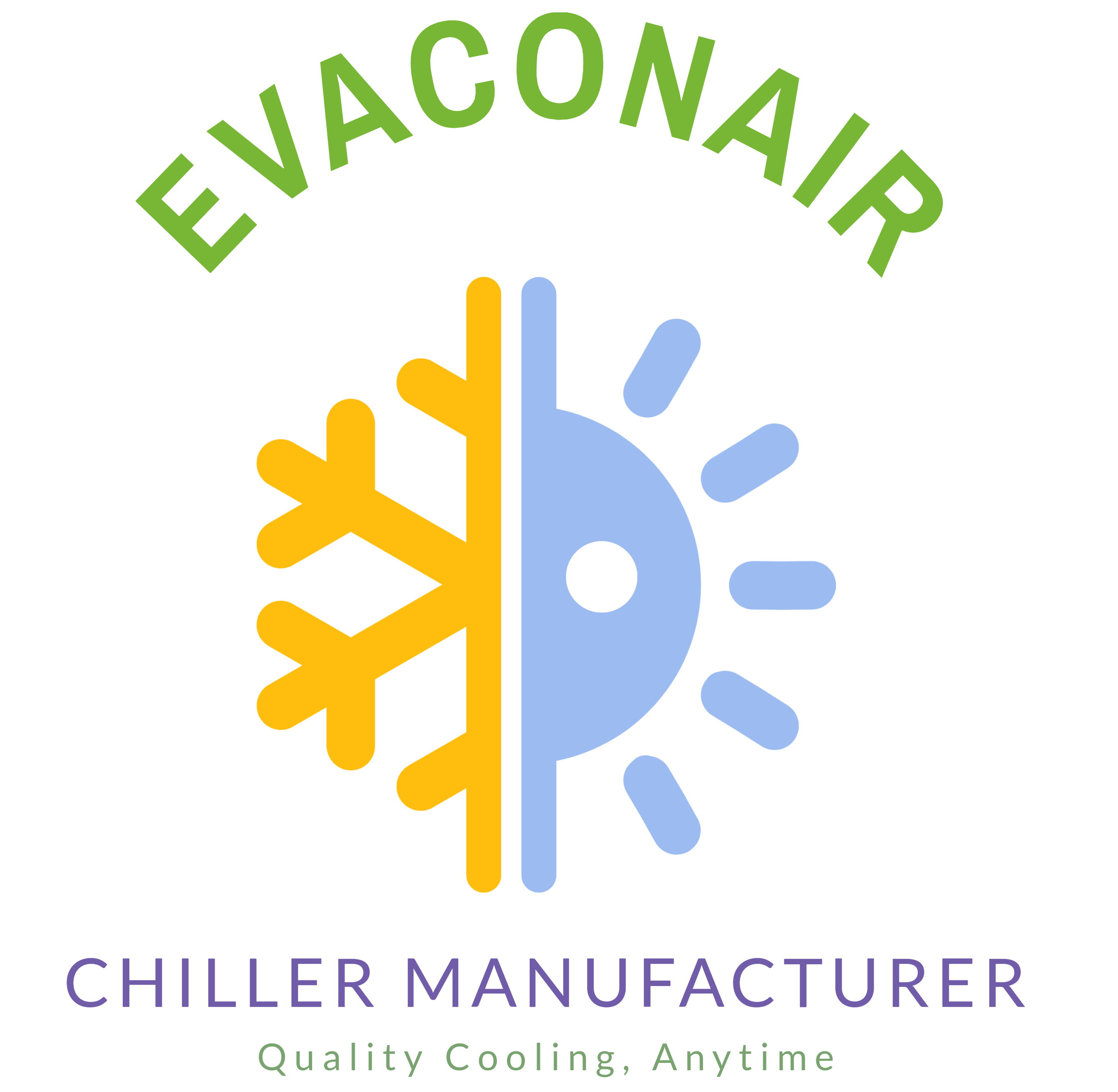Blog
HVAC (Heating, Ventilation, and Air Conditioning) systems are essential for maintaining comfortable and controlled environments in residential, commercial, and industrial settings. In HVAC systems, chillers play a crucial role in providing cooling. Here’s a detailed explanation of what HVAC in a chiller entails.
Understanding HVAC in Chiller Systems
1. Role of Chillers in HVAC
Chillers are a key component of HVAC systems, responsible for removing heat from the air or water to provide cooling. They work by circulating chilled water or refrigerant through a network of pipes and coils, absorbing heat from the indoor environment and releasing it outside. Learn more about the role of chillers in HVAC systems.
2. Components of Chiller HVAC Systems
Chiller HVAC systems consist of several main components, including:
- Compressor: Compresses the refrigerant, increasing its pressure and temperature. Discover more about compressors.
- Condenser: Removes heat from the refrigerant, converting it into a high-pressure liquid. Explore more about condensers.
- Expansion Valve: Reduces the pressure and temperature of the refrigerant before it enters the evaporator. Learn more about expansion valves.
- Evaporator: Absorbs heat from the water or air, cooling it down. Discover more about evaporators.
3. Types of Chiller HVAC Systems
Air-Cooled Chillers
Air-cooled chillers use air to dissipate heat from the refrigerant. They are suitable for smaller applications or where water resources are limited. Learn more about air-cooled chillers.
Water-Cooled Chillers
Water-cooled chillers use water to remove heat from the refrigerant. They are more efficient than air-cooled systems and are commonly used in larger installations. Discover more about water-cooled chillers.
4. Applications of Chiller HVAC Systems
Chiller HVAC systems are used in various applications, including:
- Commercial Buildings: Offices, hotels, and shopping malls rely on chillers for comfort cooling.
- Industrial Facilities: Manufacturing plants and data centers use chillers for process cooling.
- Medical Facilities: Hospitals and laboratories require chillers to maintain controlled environments. Explore more applications of chiller HVAC systems.
Benefits of Chiller HVAC Systems
- Energy Efficiency: Modern chiller HVAC systems are designed to be energy-efficient, reducing operational costs.
- Reliability: Chillers provide consistent and reliable cooling for various applications.
- Scalability: Chiller systems can be scaled to meet the specific cooling needs of any facility.
Professional HVAC Chiller Services
For professional HVAC chiller services and maintenance tailored to your needs, contact EVACONAIR. Our expert team ensures your HVAC system operates at peak performance, maximizing efficiency and reliability.
Understanding the role and function of HVAC in chiller systems is key to optimizing your building’s cooling efficiency. For more detailed guidance or professional services, visit EVACONAIR.
